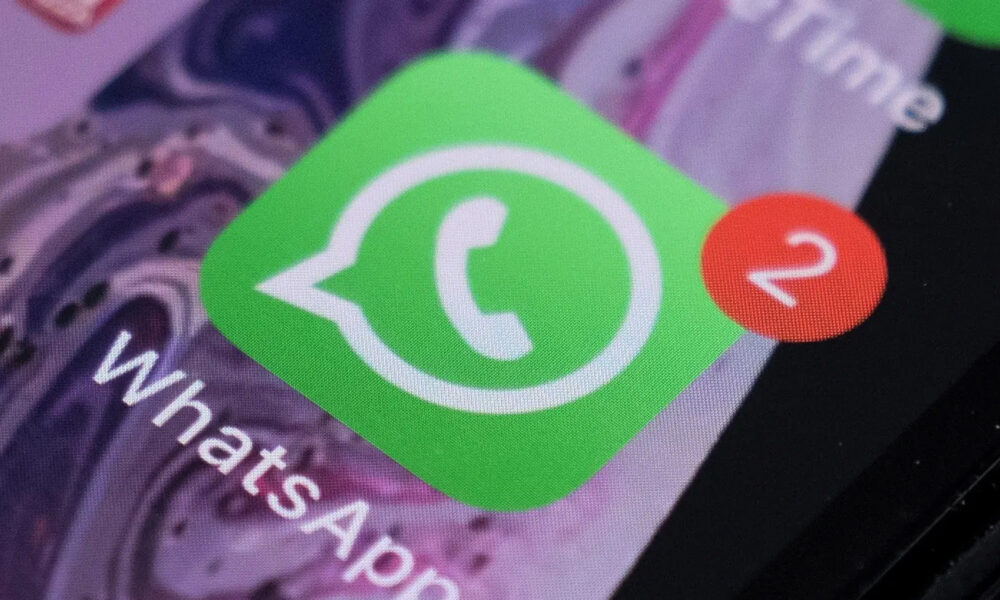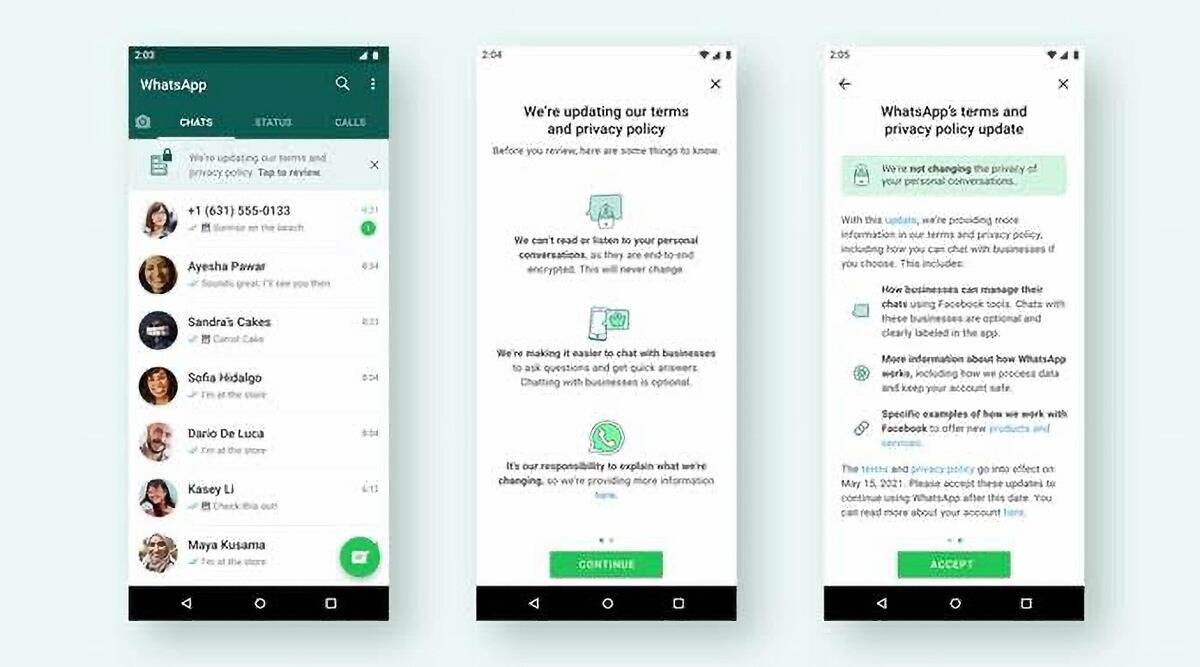News
WhatsApp Decides Not To Limit Users Who Don’t Accept Its New Privacy Policy
It seems that the backlash has been strong enough to make executives at Facebook reconsider their decisions because the latest announcement from the company contradicts the previous one.

This year in February, Facebook-owned WhatsApp stated in an FAQ on its website that users who didn’t accept its new privacy policy by May 15th would lose access to certain features, such as the ability to send or read messages from the app.
The announcement sparked a wave of protests on Facebook, Twitter, and other social media platforms, with some users threatening to leave the messaging and voice-over-IP service app for more privacy-oriented alternatives, such as Signal, Telegram, or Threema.
It seems that the backlash has been strong enough to make executives at Facebook reconsider their decisions because the latest announcement from the company contradicts the previous one.
“Given recent discussions with various authorities and privacy experts, we want to make clear that we will not limit the functionality of how WhatsApp works for those who have not yet accepted the update,” said a WhatsApp spokesperson in a statement to The Verge.

One reason why the new policy caused so much outrage was that many WhatsApp users believed that they would be required to share their phone numbers and other sensitive information with various third parties.
In reality, the policy update affects mainly businesses using the platform to sell their goods and services using the messaging app, allowing them to see what you’re saying and use this information for their own marketing purposes.
“We will continue to remind users from time to time and let them accept the update, including when they choose to use relevant optional features like communicating with a business that is receiving support from Facebook,” the WhatsApp spokesperson added.
The entire rollout of the policy update has been mishandled, to say the least, with WhatsApp seemingly not fully realizing how much more security and privacy-oriented have its users become since the messaging app started sharing user data with Facebook in 2016.